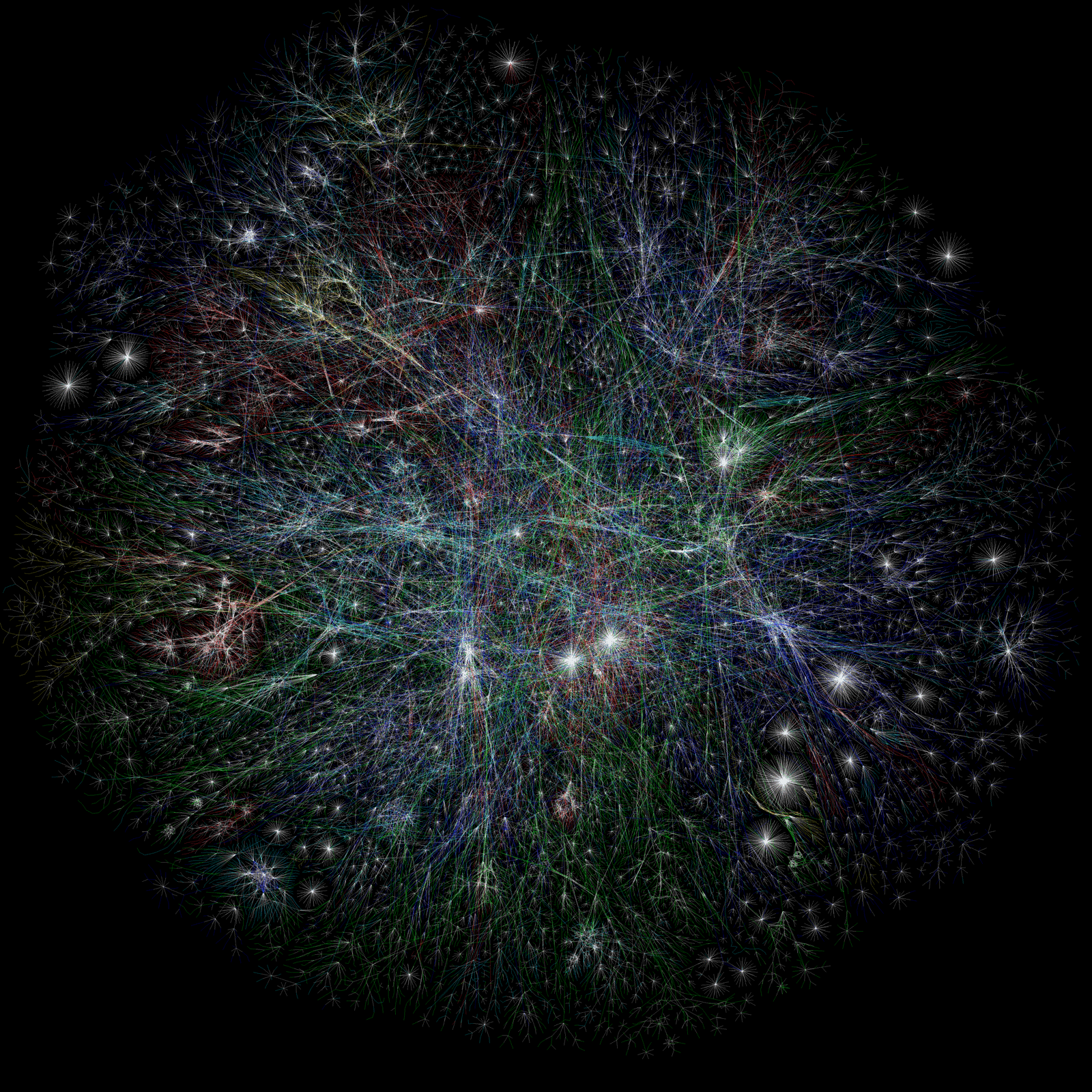
Joseph Chan on Unsplash
The "dark matter" of urban travel
Traditional transportation behavior data focuses on journey-to-work (only about 15-20% of trips) and is only collected annually. Private data providers mostly focus only on road use, missing non-driving trips. De-identified position data from mobile devices can provide a high-resolution, high-frequency look across many modes of travel that will support more sustainable mobility policies. This data can be useful in supporting design proposals to reconfigure streets, for instance, by providing an evidence based for planning and verifying outcomes. It may, however, provide ethical cover for surveillance capitalist tech stacks that engage in extractive behaviors.




..png)
